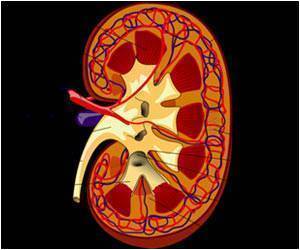Proton pump inhibitors (PPIs) commonly prescribed to treat acid-related digestive problems, do not increase the risk of dementia.

‘Development of dementia or Alzheimer's disease is not associated with Proton pump inhibitors (PPIs).’





As of 2011, up to 1 in 5 older adults reported using a PPI. Although healthcare practitioners have long believed that PPIs are safe, recent studies have linked PPIs to potential risks, including fractures and kidney disease. Some studies also have linked PPIs to an increased risk for dementia among older adults. However, several experts have suggested that these studies may not correctly measure the connection.
In a new research article published in the Journal of the American Geriatrics Society, scientists were able to conclude that developing dementia or Alzheimer’s disease (the most common form of dementia) did not appear to be linked to taking PPIs.
The researchers reviewed information from the Adult Changes in Thought (ACT) study, which included 3,484 adults aged 65 and older. Participants did not have dementia at the beginning of the study and were followed for an average of about 7.5 years.
Researchers tested participants for dementia at the beginning of the study and then every two years. Those who tested positive were given complete evaluations to measure their abilities to think and make decisions.
Advertisement
Researchers used information from the ACT study to learn how many participants took PPIs and for how long. Overall, almost 24 percent of study participants developed dementia.
Advertisement
Source-Eurekalert













